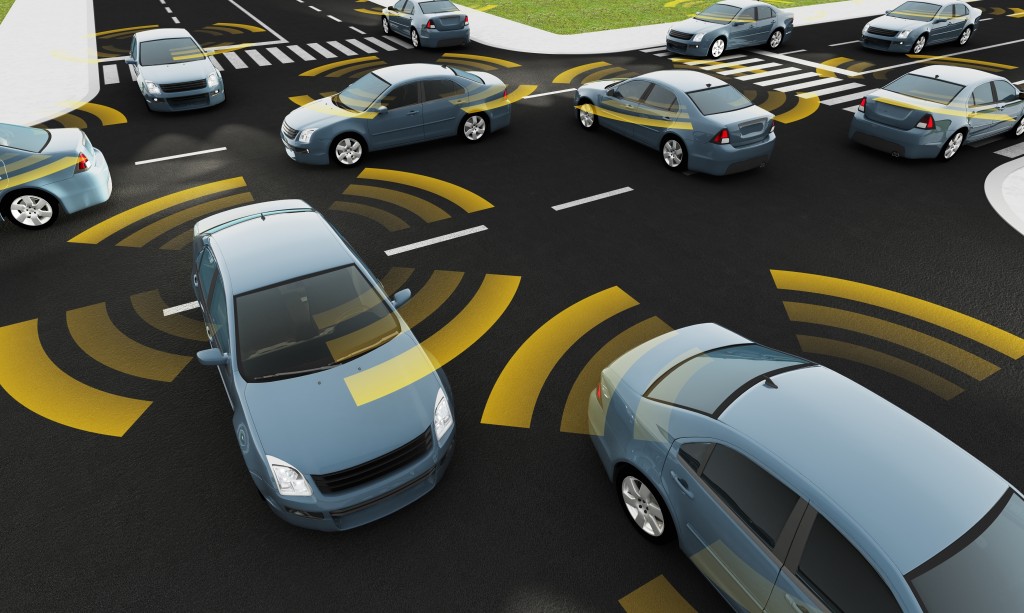In 1908, Ford introduced the Model T automobile, which costs $850 at the time. It wasn’t the first car to be available in the market, but it was the first to be truly affordable for the common American. This car put drivers on the road in the early 1900s. But with it comes a unique tipping point in the industry: these cars people who can repair them they break down.
That gave birth to car mechanics. These people don’t need college degrees to fix a car. They can earn a decent living, too. For decades, the car repair industry-supported families and put children to college. These businesses have become the backbone of many small and local markets. What could change that, right?
Since those days, the automobile industry grew exponentially. Cars can park themselves these days. They have sensors and backup cameras that enable drivers to see where they are backing up. They can even warn drivers when they seem to be dozing off or when they verge from their lanes. These advances meant that there are also new technologies in the car repair industry that could render car mechanics ineffectual.
And it’s not just car mechanics who will bear the impact of this new age in the car industry. People who diagnose and repair their cars themselves will not be able to do so. Once consumers start patronizing self-driving cars, car parts manufacturers will also make less of their products. Today, consumers and car mechanics can use a complete engine rebuild kit to restore cars. Will this still be possible in the future when cars can already self-diagnose?
Players in the Autonomous Car Industry
Current players in the manufacturing of autonomous cars are Tesla, GM, BMW, Ford, and Mercedes-Benz. Although there are still no full automated vehicles available in the market, the Audi A8 has a level 3 autonomous technology. This means that it has conditional automation, which can only be self-driven under ideal conditions and with limitations.
Tesla’s Elon Musk promised that a fully autonomous vehicle will be available in 2020. Full automation means it’s a driverless car. Drivers don’t need to be behind the wheel to control the cars in case there’s a scenario it is not programmed to address. These cars can drive themselves to and from locations without a need for humans to control them.
What Does It Mean for Car Mechanics?

These cars don’t only drive themselves. They can also take care of themselves. These come with self-diagnostic tools that communicate with dealerships about the issues the cars are having. In the future, these cars might also be able to solve minor issues and problems. So, what roles will car mechanics play in this scenario?
The computerization of car diagnosis means that car mechanics have to let go of traditional diagnostic tools. They now need to master new technologies, tools, and equipment to keep up with the digitalization of car repairs. Currently, diagnostic tools can identify problems in the fuel systems, electrical circuits, engines, transmission, exhaust, brakes, and other major components.
A New Breed of Car Mechanics
In 2018, Washtenaw Community College in Michigan started a new course for mobility technicians. This was in answer to the learning skills needed by car mechanics in the future when autonomous driving and self-diagnosing cars become the norm. The course teaches students how to repair sensors for self-driving cars because this is what the future has in store.
These advances in technology will have huge implications for employment. It will empty car mechanic shops, as well as eliminate the need for roadside garages without the technology needed to diagnose the problems of autonomous vehicles. For example, Michigan is also experimenting with creating jobs as this new technology evolves. Aside from teaching car technicians to repair sensors, the course also teaches how to develop test facilities with the right technology in mind.
Forcing Shops and Mechanics to Upgrade
The advances in technology — not only in autonomous cars but in the way car mechanics diagnose problems — will force independent shops to upgrade. They need the right training to learn how to handle hybrid and electric cars. Repairs shops will survive if they hire software engineers aside from mechanical engineers. A software engineer will help figure out how to use technology to diagnose and repair problems in electrical, hybrid, and autonomous cars.
Car mechanics and car repairs shops need to keep up with the latest in automobile technology. The future of car automation has still a long way to go, but businesses can survive if they are ready for the changes. This will put them in a better position to absorb the losses during the transition. They can also compete with the best in the industry.







